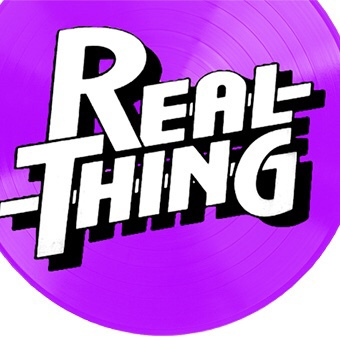It’s Hard to Recognize

It’s a sad state of affairs when somebody decent who performs good works and asks nothing in return–and may even be openly religious–is viewed as suspect, while we are more comfortable with frauds, hucksters, and liars. “Well, I’d rather be able to identify the fraud, huckster, and liar!” might be one defense, but that doesn’t make much sense to me, as any fraud, huckster, or liar would be inclined to hide their true intentions.
But further, the psychological and spiritual damage done to a society for this to be the case in the first place must have been pretty grand indeed.
Imagine the psychological and spiritual damage done to a society that anyone who comes across as a decent person not asking for anything in return is viewed with intense suspicion, but it understands and is more comfortable with, liars, hucksters, and frauds.
— Alexander Hellene
(@AHelleneAuthor) March 22, 2021
From whence does this stem? Let’s take a look at what’s left of our culture, and in that case it sadly usually means movies and TV shows, though this trope appears in books as well. Whenever you see somebody who seems too good to be true, i.e., a good human being doing the right thing for no reward, you know that 99 percent of the time, they’re the real bad guy. The person whose motives are pure at the outset will be the bad guy, while the rough, morally ambiguous anti-hero type will be the one doing the right thing. Why? For reasons: “I might be an amoral killer, but at least I’m not a Nazi,” that sort of thing.
I get it, because this trope works, or maybe it did for the first few years it was trotted out. But it’s nearly ubiquitous and it makes our entertainment so predictable–especially if the good person in question openly professes their Christianity–as to become a joke. And yet it remains.
Does this trope reflect reality, or does it drive reality? Has mass culture in the form of storytelling so poisoned our culture, made it so cynical, that nobody can take anybody good at face value?
Perhaps. And look, I’m generally on board with viewing everything that happens in America as fake, because it is . . . at least on the official story on the national stage. But in our personal lives, and even in our stories, a change of frame is required.
But love ye your enemies, and do good, and lend, hoping for nothing again; and your reward shall be great, and ye shall be the children of the Highest: for he is kind unto the unthankful and to the evil.
— Luke 6:35
Regardless of your religious predilection, this is good advice for you and your children. You will not change society unless you change yourself and your family, and yes, the culture.
But culture has many meanings. It can be culture as in art, the stories we tell and the songs we sing, and it can also be the culture of your household and community.
Be wise as serpents and as simple as doves. The official story is a fabrication 99 times out of 100 . . . but your neighbor is probably a good guy.





